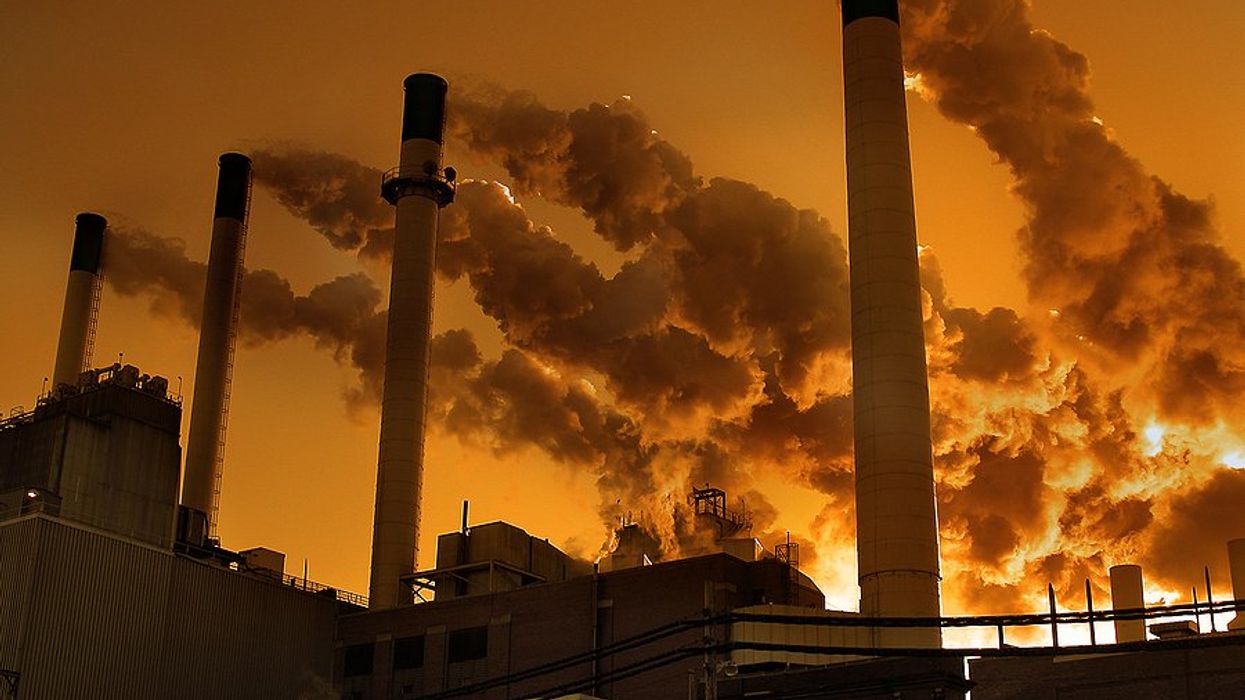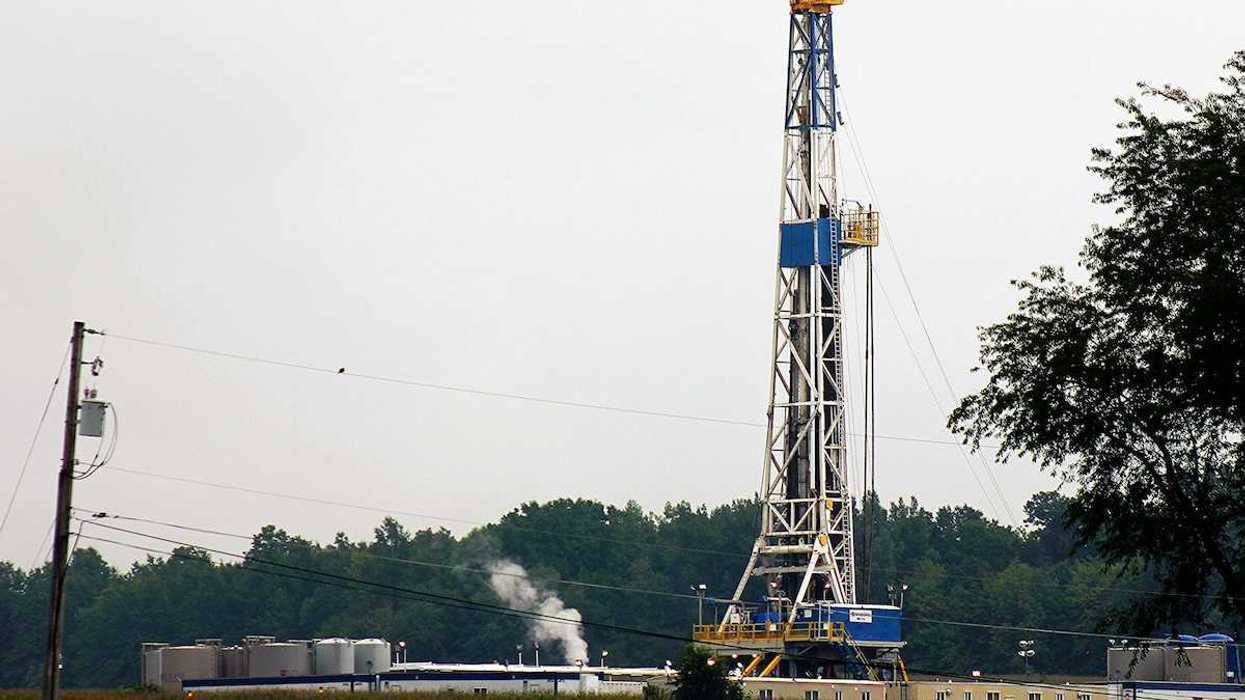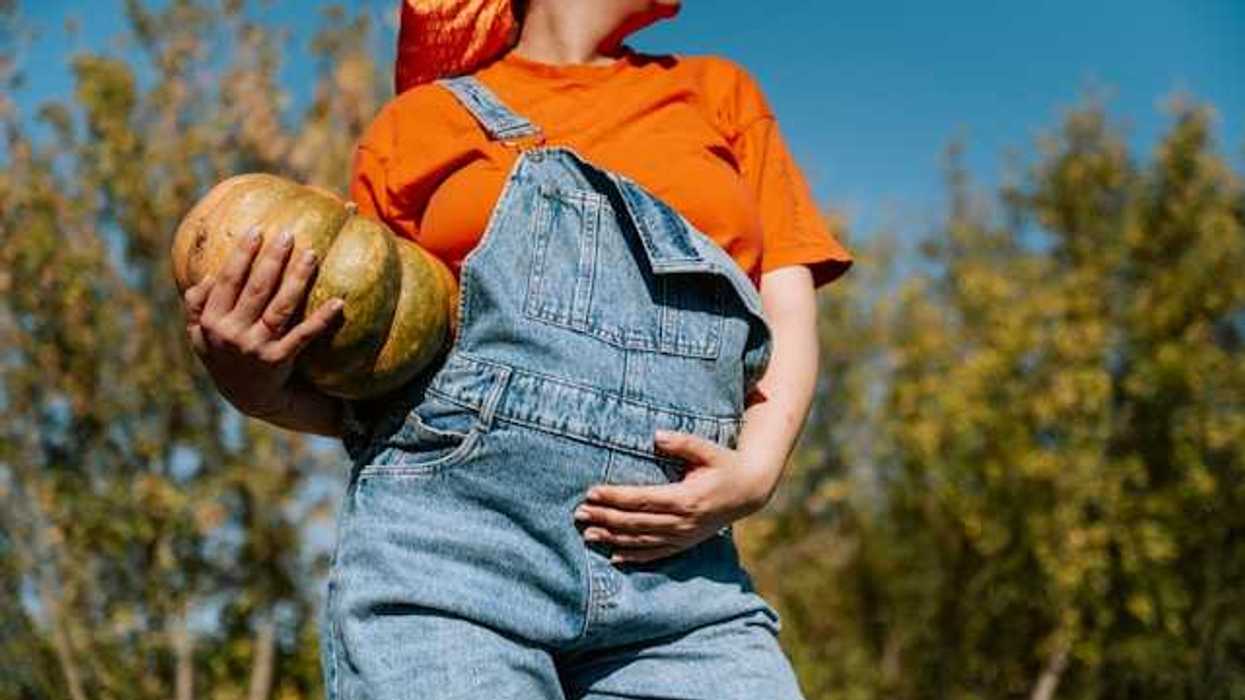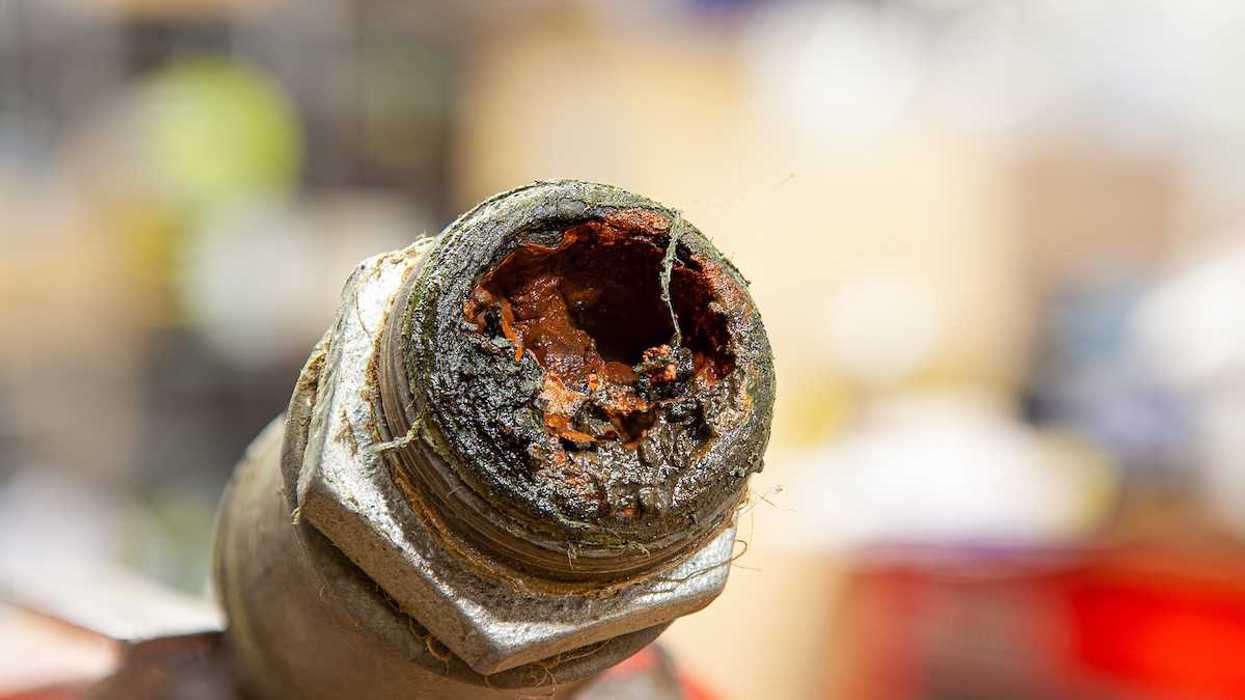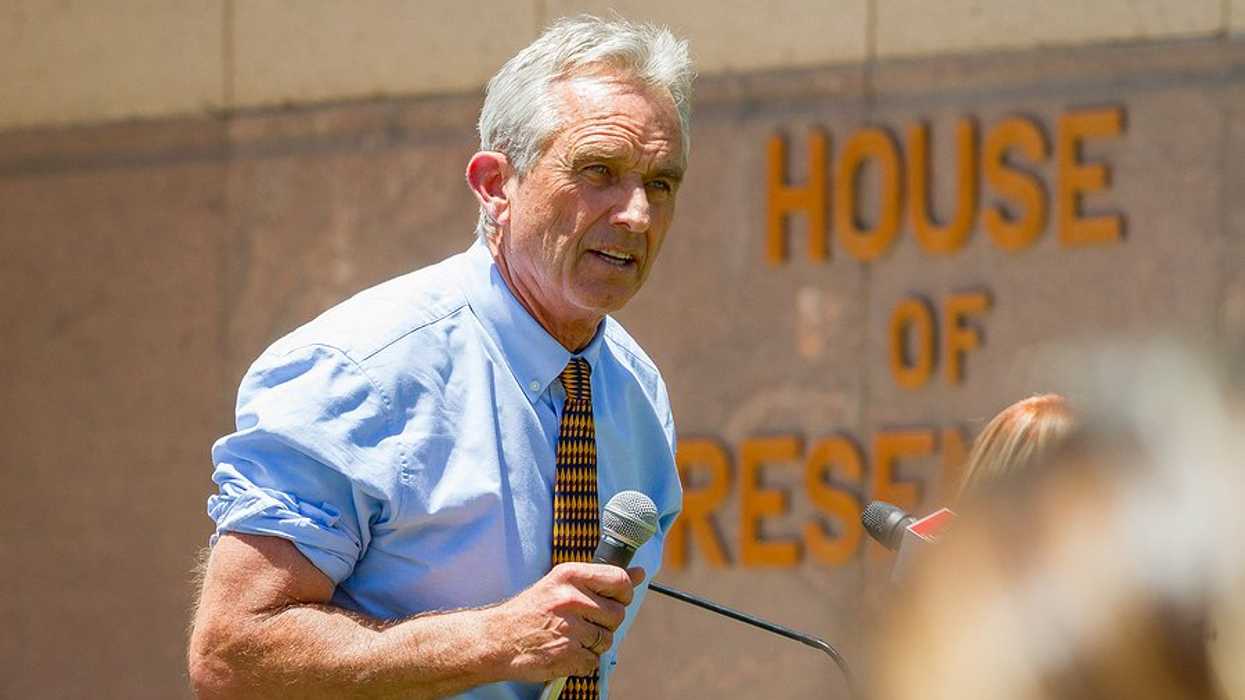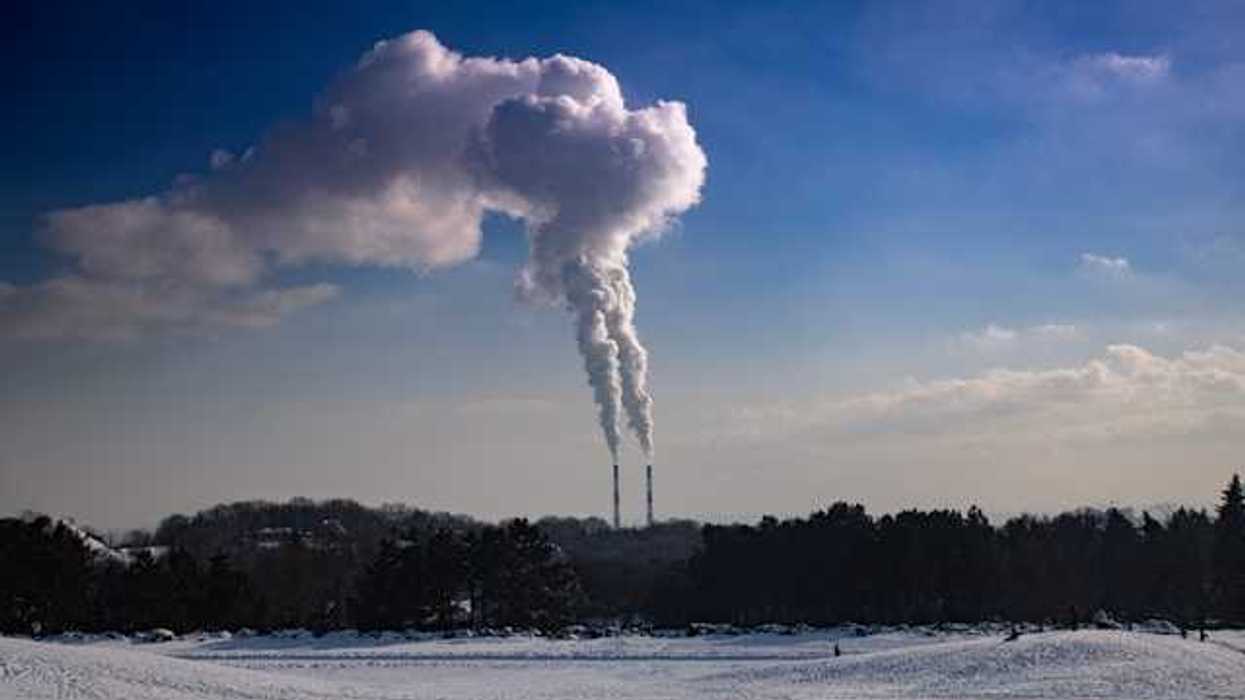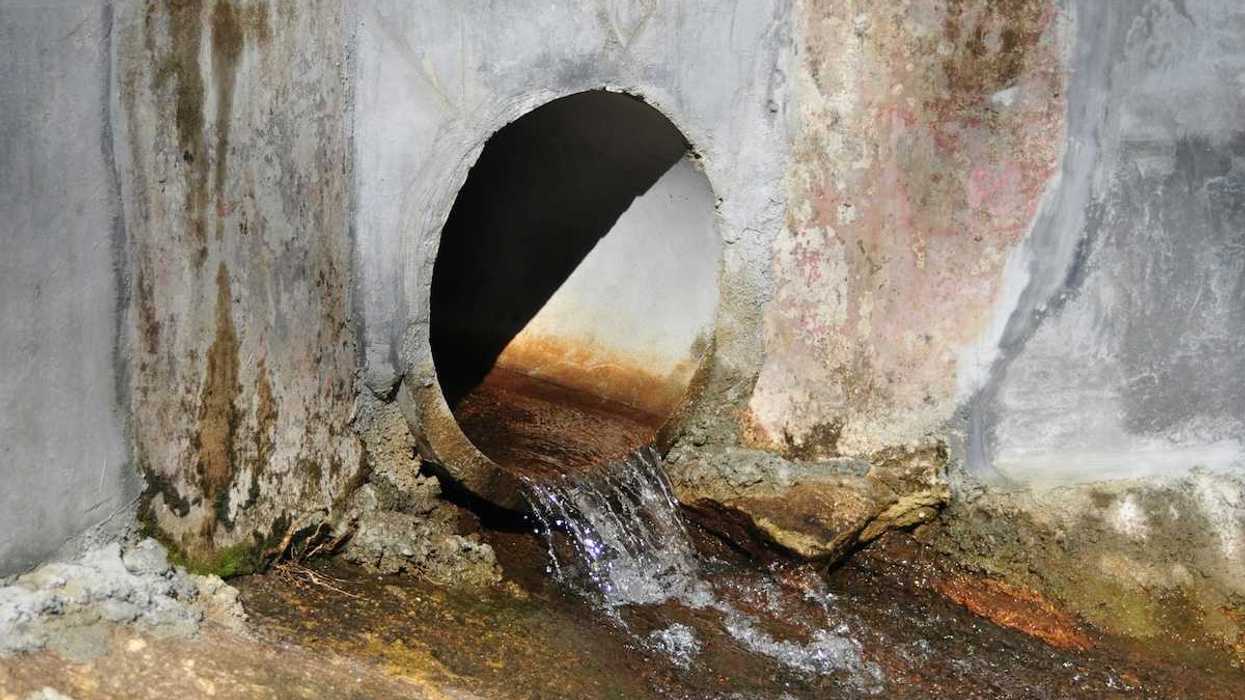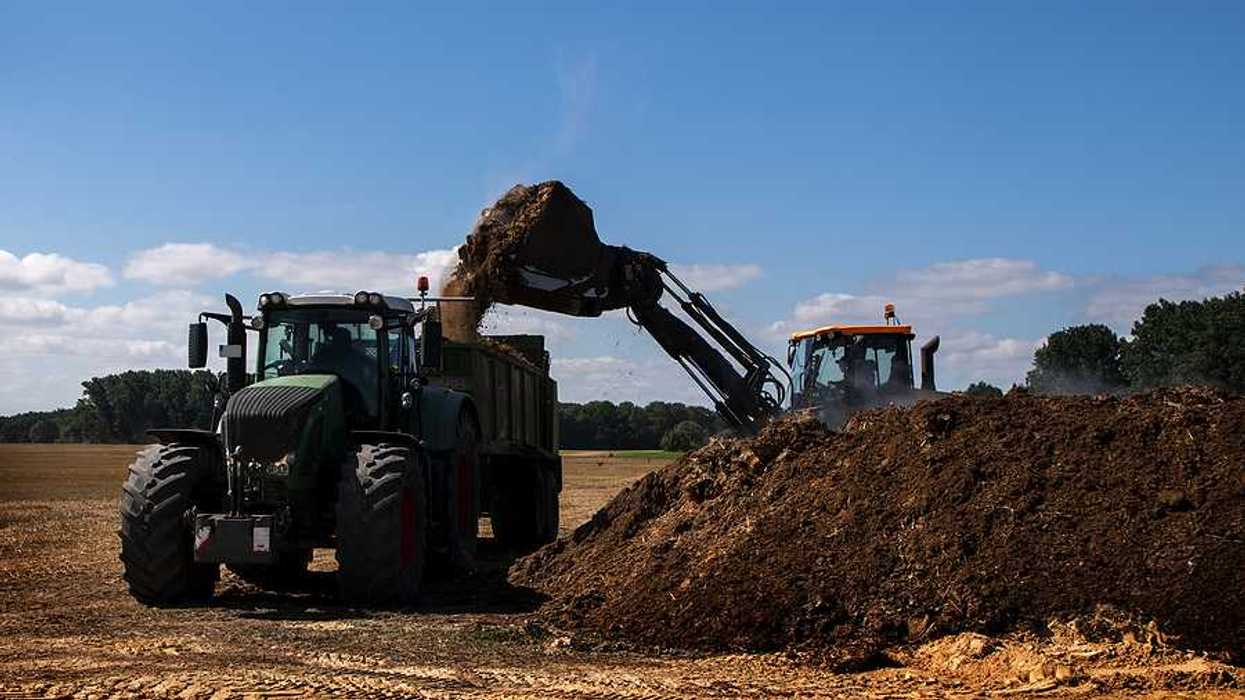Tony Juniper, chair of Natural England, says the steep decline in UK butterfly populations highlights the fragility of ecosystems and threatens food security as climate change worsens.
Patrick Greenfield reports for The Guardian.
In short:
- UK butterfly populations dropped nearly 50% in 2024 due to habitat loss and pesticide use.
- Juniper sees housebuilding plans as a chance to create “wild belts” that support wildlife and species recovery.
- He advocates for modernized national parks focused on biodiversity and urban connections.
Key quote:
“The butterfly data from 2024 is an early signal of what lies ahead. It’s a warning from nature as to how far down the track we’ve gone towards taking the resilience out of natural systems.”
— Tony Juniper, Natural England chair.
Why this matters:
The drastic decline in butterflies is a symptom of wider ecosystem instability. Restoring natural habitats can help maintain biodiversity, crucial for agriculture, food security and climate resilience.
Related: Monarch butterfly numbers decline sharply in Mexico


